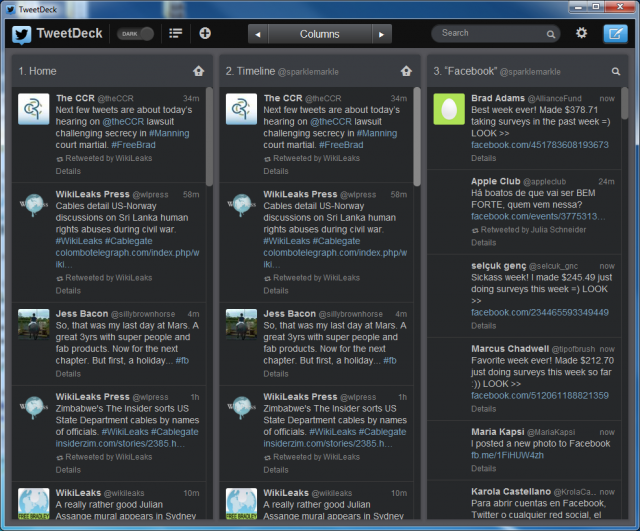


In addition to our findings on employee retention, the report contains practical information on the state of open source talent that employers may use to guide their hiring, training, and diversity awareness efforts. This year’s study, which is the most comprehensive yet, includes survey findings and analysis generated from more than 1,900 open source professionals, in addition to 500 individuals with responsibility for hiring such professionals. This year the Linux Foundation once again teamed up with edX to produce the 10th Annual Open Source Jobs Report to shed light on these changes and challenges. As a result, companies are now turning towards training their staff in new cloud automation, orchestration, and developer productivity tools to close that gap as much as possible – and where they cannot train their staff or find adequate new hires, they’re hiring consultants to avoid delaying important projects. You can also deploy your own instance of Mastodon and create a community based on your interest.According to 93% of the hiring managers surveyed, open source talent is increasingly difficult to find. Or you can check out some other really great Linux/FOSS-centric instances, like LinuxRocks.Online or Mastodon.Rocks. If that is the case, you can join my instance, Fosstodon, where you will be made very welcome. However, judging by the fact you’re reading a FOSS website, I’m willing to bet that you’re interested in FOSS. It’s quite simple really, there are tonnes of Mastodon instances online, so there is likely to be at least one in the niche you’re interested in. This makes it incredibly easy to consume content and find interesting people to follow. Or you can look at the federated feed, which is all the toots from all the instances that are connected to your instance. Your public feed, which is all the toots (Mastodon’s version of a tweet) on that particular instance. When you’re browsing your Mastodon instance, you can view you home feed, which consists of only the people you follow. Plus, there isn’t a single entity controlling Mastodon – like all good things, it’s managed by a community. For example, if my instance goes down, the rest of the network continues on and all my users can quickly and easily sign up to another instance and be back up and running in no time. It’s the same story for Facebook, Google+, and pretty much any other social network. So what does all this mean? Well, if Twitter goes down, that’s it. However, if you want a completely private Mastodon instance, you can also turn federation off. That’s basically how Mastodon works, even your handle looks like an email address. Which means that even though our email servers are completely separate, they can still email one another. Think of it like email – you and I don’t need to have our emails hosted with the same provider, because they all use open standards. Now, you might be thinking “what’s the point in self-hosting? You’re just going to end up with a load of insular servers sprawled all over the Internet.” That’s right, you can spin up your very own Mastodon instance, keep it public, or make it private for your own use. Possibly the biggest advantage of Mastodon over any social network is that you can self-host it. This has been more than enough for me personally, without having to mess around trying to shorten what I want to say. On Mastodon, you have 500 characters to play with.

This is where things get interesting! I’ll start with the simple stuff – you’re not restricted to 140 characters like on Twitter.
TWEETDECK LINUX FOR ANDROID
There are, of course, also various Android and iOS apps available, most of which work really well – my personal recommendation for Android would be Mastalab. So if you have used TweetDeck in the past, you should be right at home on Mastodon. As you can see from the image above, the Mastodon feed looks a lot like the popular Twitter client, TweetDeck and it does work in much the same way.


 0 kommentar(er)
0 kommentar(er)
